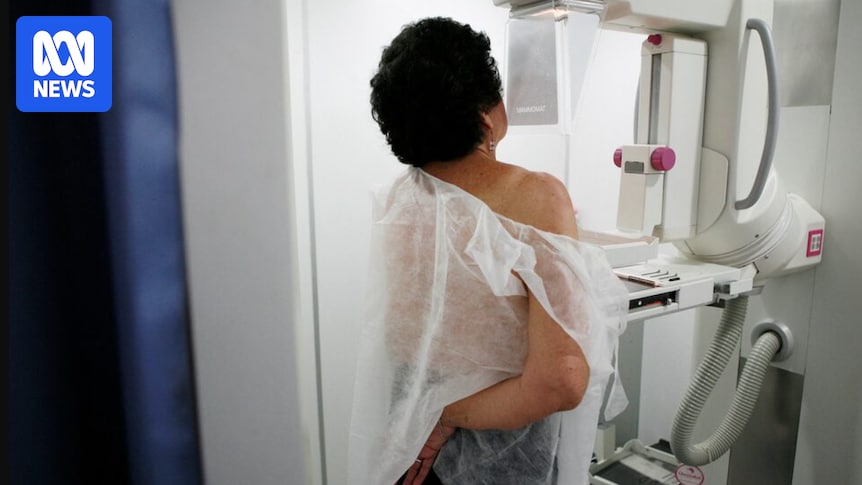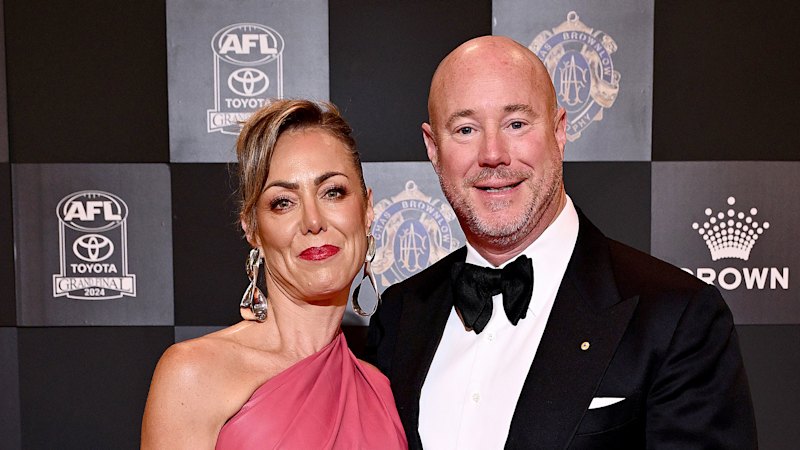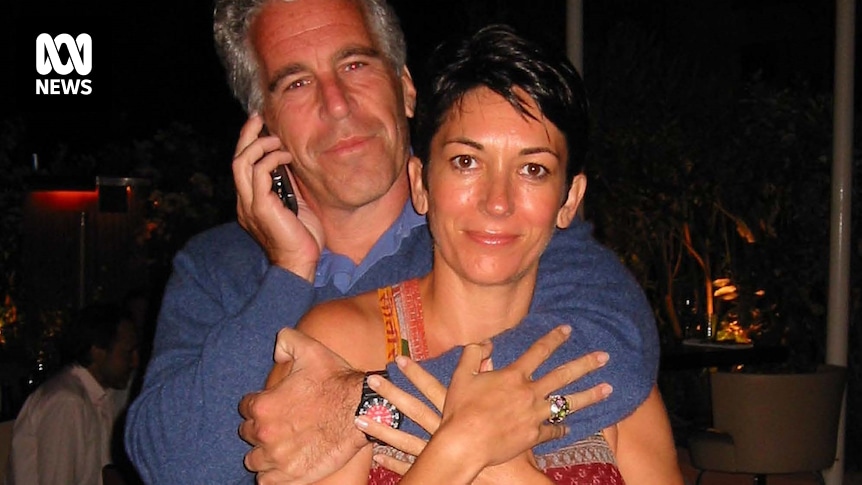
Data provided to Four Corners by Cancer Australia reveals a troubling increase in early onset cancer diagnoses among young Australians. Between 2000 and 2024, diagnoses of prostate, pancreatic, liver, uterine, and kidney cancers in individuals aged 30-39 have surged dramatically. While some increases, such as those in prostate cancer, might be attributed to changes in diagnostic practices, the majority remain unexplained.
Screening remains one of the most effective methods for early cancer detection. In response to rising cancer rates among younger Australians, several national screening programs have expanded their eligibility criteria. Some programs have been newly introduced this month. Here are the details on eligibility for each program.
Cervical Screening
Women aged 25–74 are eligible to participate in Australia’s cervical screening program, which is conducted every five years. The cervical screening test is straightforward, checking for the human papillomavirus (HPV), a common virus that can lead to cervical cancer. Participants can either self-collect samples or book an appointment with their GP.
Self-collection, which allows individuals to collect their own vaginal sample in a private setting, was previously limited to those aged 30 and over who had never participated in the National Cervical Screening Program (NCSP) or were overdue by two years or more. Now, more women can access this option, potentially reducing barriers to screening. For more information on suitable options, individuals are encouraged to contact their GP.
Bowel Screening
Australians aged 45 to 74 are eligible for a free bowel cancer screening kit. This test is intended for individuals without symptoms, as bowel cancer can develop with few early signs. The screening age was lowered from 50 to 45 last year due to increasing colorectal cancer rates among those under 50.
Individuals aged 45 to 49 can request a screening kit by mail, while those aged 50 to 74 receive one every two years. If outside the age range, individuals should consult their GP, who may recommend Medicare-covered screening options. Kits are also available for purchase at pharmacies or online. However, those with symptoms or a family history of bowel cancer should consult their doctor for appropriate testing.
Breast Cancer Screening
Breast cancer screening is recommended for women aged 50–74 and should be repeated biennially. Eligible individuals receive an invitation for a free mammogram upon turning 50. Women aged 40–49 and those over 74 can also access free mammograms without an invitation, provided they are asymptomatic.
For women under 40, free screening is not offered, and it is less effective, according to the Breast Cancer Network of Australia. Those with a higher risk due to family history may be offered annual free mammograms. Concerns about breast cancer risk should be discussed with a GP, who may suggest a breast ultrasound or MRI as more suitable alternatives.
Lung Cancer Screening
As of July 1, a national lung cancer screening program has been introduced. It targets high-risk individuals using low-dose computed tomography (low-dose CT) scans. Eligibility includes those aged 50 to 70 who are asymptomatic, currently smoke or have quit within the past 10 years, and have a smoking history equivalent to a pack a day for 30 years.
Other Cancer Screenings
While prostate, ovarian, and skin cancers are prevalent in Australia, population-based screening programs are not yet available for these cancers. The Australian Standing Committee on Screening has determined that the potential harms outweigh the benefits or do not significantly reduce mortality rates.
Individuals with a family history of ovarian cancer should discuss risk management with their doctor. Skin checks can be booked with a GP, and the Australian Cancer Council offers guidance on self-examination. Men with a family history of prostate cancer or urinary symptoms should consult their doctor.
Advice for Younger Australians
For those concerned about cancer risk but ineligible for free screening, the Cancer Council advises vigilance for unusual body changes. Symptoms to watch for include:
- Lumpiness or thickened areas in the breasts
- Changes in breast shape or color, unusual nipple discharge, inverted nipples, or unusual pain
- Lumps in the neck, armpit, or elsewhere
- Sores or ulcers that don’t heal
- Persistent coughs or hoarseness, or coughing up blood
- Changes in toilet habits lasting more than two weeks, or blood in bowel movements
- New or changing moles or skin spots
- Unusual vaginal discharge or bleeding
- Stomach pain, fatigue, or unexpected weight loss
These symptoms do not necessarily indicate cancer, but any concerns should be discussed with a GP. Additionally, individuals can sign up for the National Screening Register, which provides program information and reminders for participants. This register acts as a single electronic record for Australians participating in bowel, cervical, and lung cancer screening programs.






